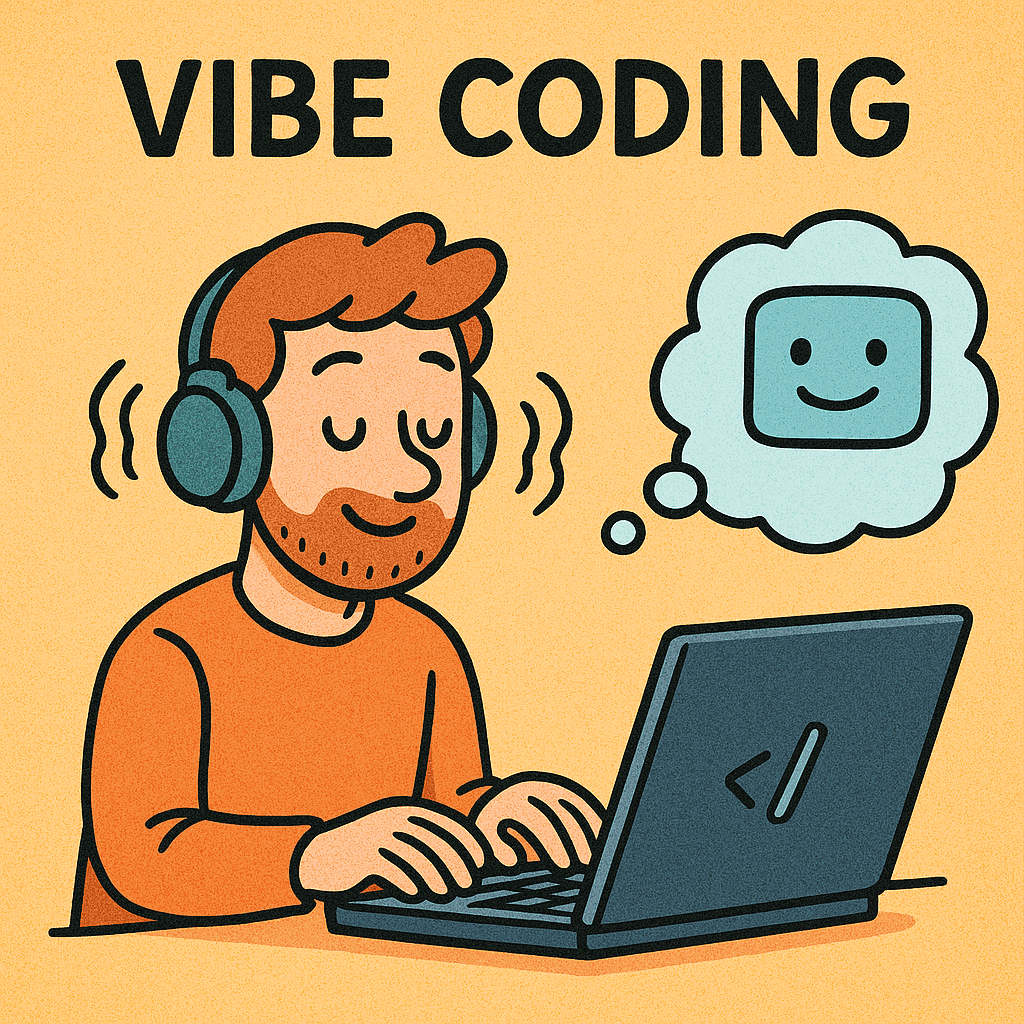Improving our consulting skills with Mastermind sessions
Mastermind sessions are a great way to improve your non-tech skills. In this blog we share the what and how of Mastermind, and how they make us better.
Mar 3, 2023

Benny Cornelissen
Cloud Consultant
"How do we become better consultants?" -- We ask ourselves this question a lot. And over the past decade the options for developing technical skills has radically transformed - for the better. We now have online platforms for self-paced learning where you can learn a new programming language, learn the basics of Machine Learning, or even get a degree in thermonuclear astrophysics if you want to. Blogs with practical knowledge have become easier to reach, and there are even free video content creators out there who share their knowledge on platforms like YouTube or Twitch.
But soft skills are at least equally important to our jobs, and they are a lot harder to train, and nearly impossible to properly train by yourself. To make matters worse, some of these soft skills may have gotten overly neglected during the pandemic. I even find that sometimes people 'cope' by focusing extra on the technological side, which usually doesn't make matters any better.
In order to be successful, we need our soft skills to be as good as our 'hard skills', if not better.
Time to train
We need a way to train our soft skills. But first, let's have a look at what kind of things we'd want to train in the first place. 'Soft skills' is quite a broad spectrum, after all. Zooming in on the kind of projects we do as Cloud Consultants, the soft skills we want to hone are communication skills and analytical skills (and especially the overlap). For example:
Active listening: this isn't about appearing to be interested, but about actively ingesting information, adapting the pace of your communication to your communication partner, analyzing information and organizing it, spotting information gaps, and formulating hypotheses; all while you listen.
Asking questions: asking good open questions is an extremely useful tool if you use it right. You can use it to get information, trigger trains of thought, or change the course of a discussion. If you think asking questions is easy, then try to interview someone without asking a single 'closed question' (yes/no).
Classify information: what is important, what isn't? And how is that balance for the client? What is a fact, what is a perception? What patterns can I discover?
Read between the lines: what information am I not getting? Why am I getting the information I'm getting? Especially when something is likely to be mostly a 'people problem' this becomes increasingly important.
Giving advice: giving advice in a clear, concise, and easy-to-understand fashion requires understanding the problem and understanding the perspective of the person you're giving the advice to. It also requires you to be explicit about what information you want to get across.
To train this, you really need to interact with other people. And you need to deal with unfamiliar problems; preferably real ones.
Mastermind
This is where Mastermind comes in. In a Mastermind session we all get together, and discuss a single non-technical issue that someone has prepared beforehand. The discussion follows a strict format, takes about 60min, and concludes with everyone giving their advice. The Mastermind session has multiple purposes: Brainstorming, Education (or training), peer accountability, and support. When you do it right, you'll achieve all of these purposes.
So let's look at how you run a good Mastermind.
Ground rules for success
In order to have a successful Mastermind group, and not a shouting match, it's important that everyone is committed to the success of the group and checks their ego at the door. There are no individual awards, and the main goal is to be successful as a group. It also requires commitment, from everyone. You don't just show up when you have a problem you need help with, but you show up every single time. It's also essential to be honest, respectful, and supportive, to yourself and to the group. Especially if you're in the Hot Seat (you have prepared the issue for that session) it may require a bit of vulnerability, which obviously is going to be a lot easier in a safe environment.
The Hot Seat
Every Mastermind session, there is one person in the Hot Seat. They are the center of that session, and everyone else is there to help you be successful by asking questions or giving advice. The Hot Seat should rotate every session.
When you are in the Hot Seat, it's essential to prepare properly. You may get an absolute avalanche of questions and while you only have to answer a few of them (more on that below), it's important that you go in with the best possible understanding of the case you want help with.
It's also essential that you are very clear about what problem you want help with, and that the problem is specific enough to successfully address it in a 60min Mastermind session. You should be able to express:
What do I need advice on?
Why is it currently difficult?
What have I already tried, and why didn't it work?
What context do you need, or what else do you need to know?
A bad Hot Seat can make for a bad Mastermind session. So here are some clear examples of Bad Hot Seats to avoid (thanks to Bas for coming up with these examples):
A question consisting of multiple questions
“How can I test this new app; which users should I pick and do I start now or later? And which technologies to use?”
A question that isn’t specific enough
“I need to do a DevOps transformation. How do I do that?”
A question that’s too complex to answer
“Should I be using AWS or Azure?”
A question that’s rather specific and should be answered by a specialist
"Should I spend 1000 EUR on LinkedIn ads or on Facebook ads?"
Typical session structure
The Mastermind session typically should not be longer than 60 minutes. It follows a fairly straightforward structure:
Small presentation (5 mins) where the Hot Seat introduces the case for the session
Initial round of questions from the crowd (5-10 mins)
Hot Seat picks and answers 3 questions (10 mins)
Open discussion round (15-20 mins) focused on the 3 selected questions
Provide advice in the format: In my view the problem is … and I would … (5 minutes)
Conclusion/feedback (5 minutes)
The Moderator
Each Mastermind session is run by a Moderator. The Moderator is the discussion leader, but also in charge of taking notes. They have 3 main duties:
Track time
Take notes of all questions and answers (also useful for later reference)
Moderate discussion where necessary
Of course you can opt to offload note-taking duties to a separate person if necessary, but typically that shouldn't be necessary.
Running the Mastermind
During the introduction presentation the person in the Hot Seat can set the stage and gives as much context as possible. The followup round gives the crowd the opportunity to ask about missing context, or go a little more in-depth on certain aspects. During this round, no questions are actually answered. They are just collected and written down by the moderator. These questions can be all over the place, and some of the questions may be 'irrelevant' for the person in the Hot Seat. So the next step is for the Hot Seat to pick a few questions (3, maybe 4) to answer, and potentially set the direction for the next round, which is a more 'open discussion format' to further explore the problem. During this open discussion it's important to prevent chaos. Finally, it's time for everyone to give out their advice.
In the end the Hot Seat ends up with several, typically different views on what the problem is, and how to deal with it. In our previous Mastermind we discussed an issue about getting buy-in and dealing with pushback, and the resulting advice varied quite a bit.
Why I like Mastermind sessions, and why you should too
As you've probably figured, I think Mastermind sessions are great. For several reasons. First of all, they are great ways to hone our soft skills. We need to actively listen, classify information as we go, ask concise questions, listen to other people's questions, and continuously challenge our current views. I also love that it's really easy for people to join them. Only the Hot Seat really has preparation to do, and everyone else is supposed to go in without prior knowledge of the case. We don't have to give all of our consultants a bunch of homework to run a Mastermind. You also don't need to have particular experience or domain knowledge to join them. They are great opportunities to also observe and learn from your colleagues. What problems do they have, and how they present them? What questions do they ask? What advice do they end up giving, and why?
Finally, I also love that each Mastermind session ends with a cliffhanger and some investment in how the story continues. What advice is the Hot Seat going to follow? How will the situation be a month from now? Did we collectively get it wrong, or did we crack this particular issue? We'll find out, in the next episode..




